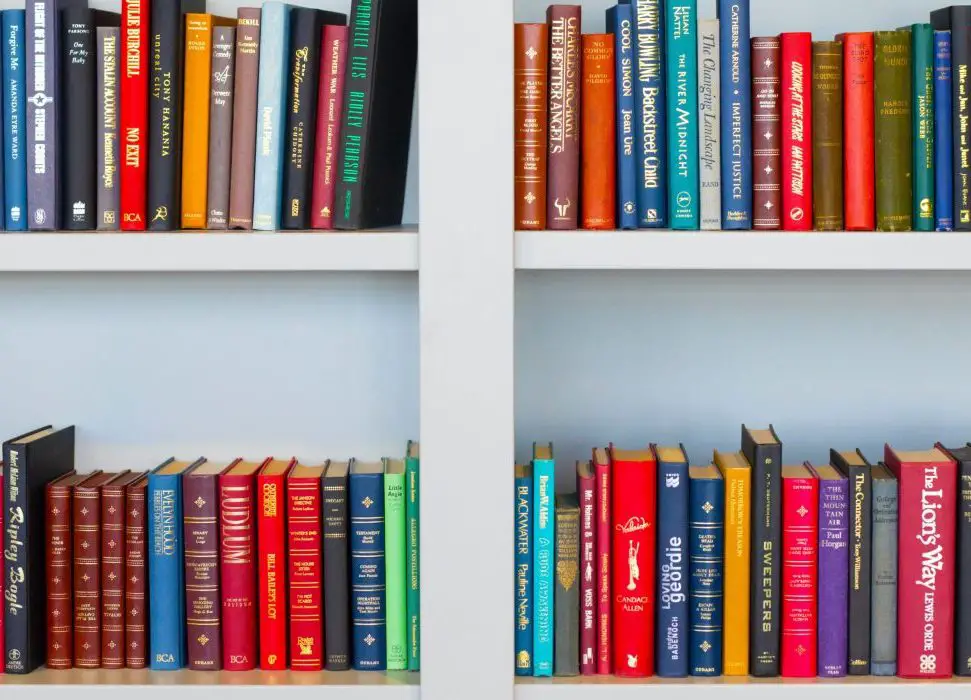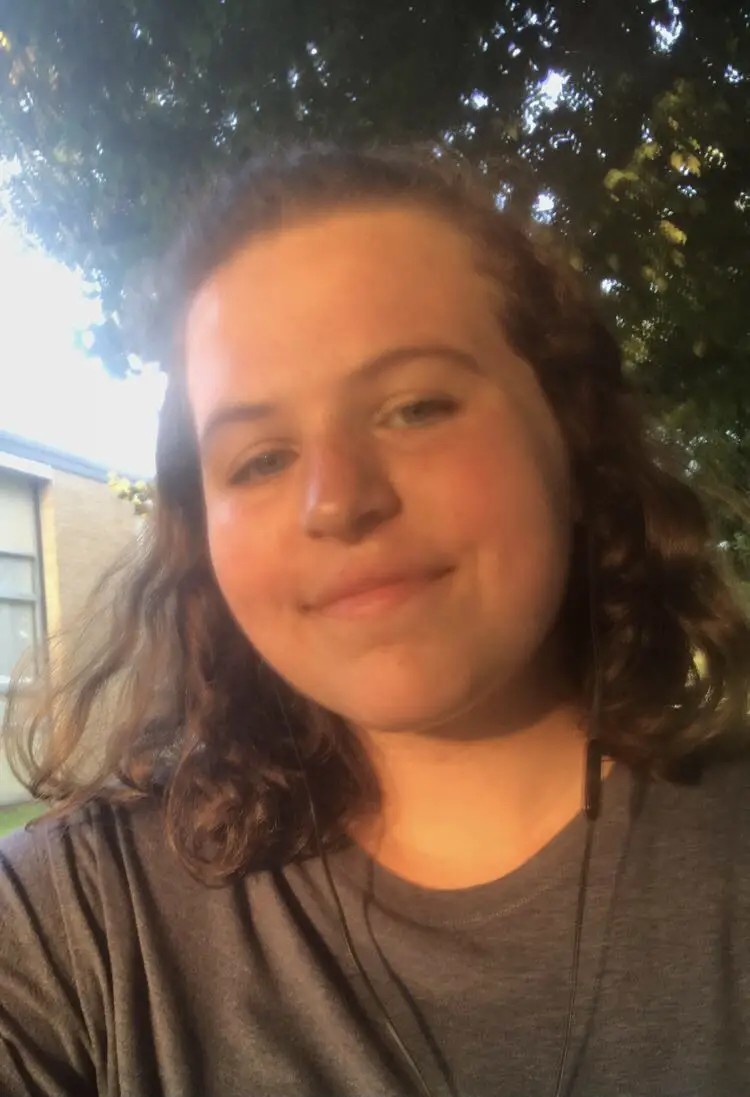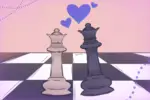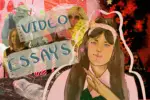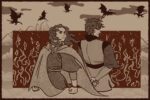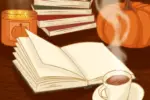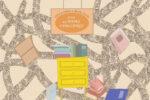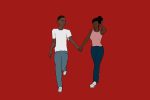The BookTube community began in 2010 with the creation of Christine Riccio’s channel, polandbananasBOOKS. In her early days, she mainly posted book reviews for popular series such as Cassandra Clare’s “The Mortal Instruments” and Richelle Mead’s “Vampire Academy.” As time went on, others joined the community and rose to popularity as well, including jessethereader, Ariel Bissett and abookutopia. With new contributors came new trends within the community, including bookshelf tours and read-a-thons. They began sharing what they planned to read in the month ahead in their to-be-read videos. They paired these with reviews of the books they read in the previous month in their wrap-up videos. However, as BookTube grew, discussions of issues fostered by the community began to arise. Eleven years after BookTube’s conception, new creators are addressing issues headfirst and redefining what it means to be a reader.
Problematic Pressure
As the BookTube community continued growing, reading slumps among creators became more prevalent. Now, audiences think they may know the reason why: pressure. The long answer is a bit more complicated.
The community is comprised of people who grew up reading the same books. Most of them also shared similar interests in books when they began their channels. Paranormal romance, urban fantasy and dystopian fiction made up the most popular genres at the time, meaning many personalities read and reviewed the same books. Since their audiences enjoyed the same titles, however, it didn’t really matter that multiple people praised the same things repeatedly.
Yet the issue of multiple creators paying attention to the same books grew into a larger issue. Publishers began asking creators for reviews to promote recently or soon-to-be published novels, making reading a job. For the creators, all this reading began to feel less fun. Additionally, the books on creators’ shelves no longer reflected their real taste in books. Rather, they revealed what was most popular and promoted by publishers. In ashelyoutpaged’s video titled “Why BookTube Was Bad For Me as a Reader,” she explained, “Over the past few years, the type of books [on my shelf] have become less me. My shelf no longer resembled any semblance of myself…They became a product of consumerism and became less a reflection of me.”
Ashley’s sentiment aligns with the attitudes of many others, including blogger Nate Philbrick. His post, “The 3 Dangers of #BookTube,” noted that feeling that “owning books is more important than reading books” is one danger. One would never see an empty shelf within a BookTuber’s camera frame, and it was common for BookTubers to complain about needing more space for new books because of the many unread books already sitting on their shelves.
Ironically, reading a lot of books was also very important. Several BookTubers’ Goodreads reading challenges include reading at least 50 books per year, with many challenging themselves to read 100. Creators would even upload videos of themselves scrambling to finish multiple novellas, graphic novels or manga in a few days to reach their high end-of-the-year reading goal. Booked With Jameelah explained it in their video “BookTube Changed the Way I Read for the Worse”: “I kind of thought about it more, and I’m like, well, do I want to read more books for the sake of reading more stories, or do I want to read it because I feel like I gotta compete to have content so that people are interested?”
Unfortunately, reading began to feel like a necessity rather than a passion for creators. Putting such pressure on oneself takes the fun and leisure out of what used to be a hobby. Thankfully, the personalities themselves soon realized the issue.
Combatting the Issues
In 2018, YouTuber Cindy from the channel withcindy gained traction after uploading her video “Why I Only Own 4 Books: A Chat on BookTube Consumerism.” It was one of the first to blow up about BookTube’s unhealthy promotion of consumerism. In the video, Cindy discusses the satisfaction of collecting one’s favorite books but noting that it’s also just as acceptable to check out books from the library.
Cindy explained how nobody should care about how many books someone owns since it’s up to the person how they spend their money. The problem arises when someone feels obligated to own an overabundance of books to be considered a valuable member of the BookTube community. Thus, Cindy’s comments are constructive criticism of BookTube consumerism. And she makes it clear that people shouldn’t feel guilty for spending money on books if they genuinely enjoy it.
Recently, The Book Leo uploaded a 4-minute video essay, “For Those Who Feel Like They Don’t Read Enough Books.” Also known as Leonie, The Book Leo directly argued against the notion of reading for quantity rather than quality. In the video, Leonie admitted she’s behind on her personal reading goal for this year and expanded upon the unnecessary stress caused by the challenge.
Leonie also spoke about the struggle of putting down books she doesn’t enjoy. “If all of the value is in finishing a book, all those pages read in a book unfinished become meaningless.” Her statement addresses why it’s so common for readers to give books more value when they have a high page count rather than high-quality writing. For many people, it means more to finish three 600-page, average reads rather than one 200-page read that becomes an all-time favorite. Basing the value of reading on page quantity decreases the value of the reader’s enjoyment when considering the lengths of books one has read in a month, year or lifetime.
Videos like Leonie’s and Cindy’s attempt to bring back BookTube’s original purpose of enjoying reading for the sake of reading.
My Experience as a Consumer of BookTube
The consumerist and pressure-inducing aspects of BookTube also affected my reading as a viewer. And watching BookTube videos from a young age made me obsessive over my reading. I thought reading less than 100 pages per day and five books per month made me an inadequate literature lover. For example, I read 85 novels in 2017 — the most I’ve ever read in a year in my life. I felt incredibly accomplished from the feat, but I also felt very burnt out afterward.
As a result, I read less and less over the next few years. Even worse, I felt like I was losing my identity as a reader. It felt like my passion for one of my favorite hobbies was slipping away from me. But with videos from people like Cindy, Leonie and Jameelah, I no longer feel like less of a reader. I now use my library and buy used books constantly (something I recommend everyone do). More importantly, my shelves reflect my tastes and values more than they ever have.
As BookTube continues to evolve, one can only hope the awareness of the platform’s sometimes unrealistic expectations evolves, too. Hopefully, even more readers will soon realize it’s not how much someone reads or what they read that qualifies them as a reader. It’s just the fact they read at all.


